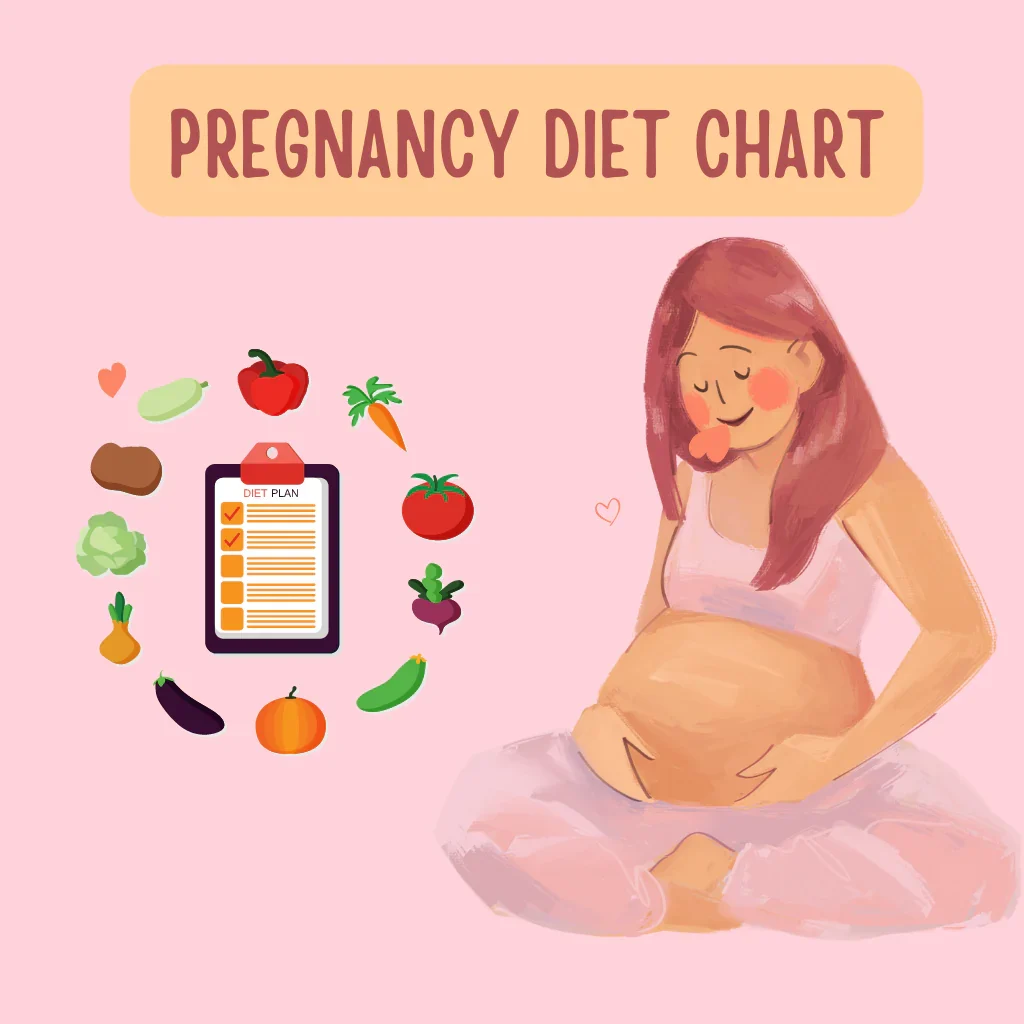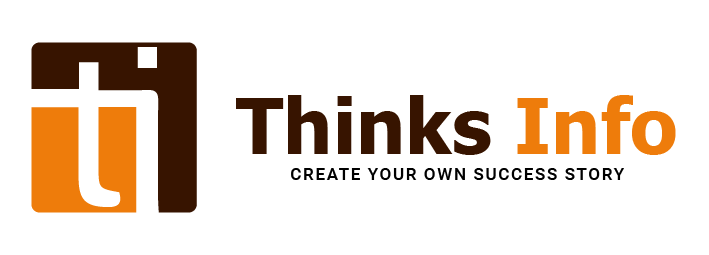Pregnancy is a critical time when a woman’s body goes through many changes, and maintaining a healthy diet is essential for both the mother and the baby. A proper pregnancy diet plan ensures that the necessary nutrients are provided to support the development of the baby while keeping the mother’s health in check. In this article, we will address some common questions that pregnant women may have regarding their diet and nutrition. These questions will guide you on what to eat, what to avoid, and how to maintain a healthy diet throughout pregnancy.

Question 1: What kind of foods should be included in a pregnancy diet?
Answer:
During pregnancy, it is crucial to include nutritious foods in your diet to ensure both your and your baby’s health. Foods rich in essential vitamins, minerals, proteins, and energy should be prioritized:
- Proteins: Meat, fish, lentils, eggs, dairy products.
- Vitamins and Minerals: A variety of vegetables and fruits, especially those rich in vitamin C and calcium.
- Fiber: Whole grains, oats, fruits, and vegetables.
- Folic Acid: Nuts, beans, oranges, and whole grains.
- Water: Staying hydrated by drinking enough water is vital.
Question 2: What foods should be avoided during pregnancy?
Answer:
There are certain foods that should be avoided to prevent harm to both the mother and the baby:
- Raw or undercooked meats and fish (such as sushi or raw seafood).
- Processed foods and fast foods (which are often high in fats and sugars).
- Alcohol and caffeine (can affect fetal development).
- Excess salt and sugary foods (which may lead to conditions like diabetes and hypertension).
Question 3: How much food should be eaten in a day during pregnancy?
Answer:
During the first trimester, there may not be a need for extra food, but as the pregnancy progresses, caloric intake may need to increase. It is recommended to:
- Eat three balanced meals a day, along with small snacks in between.
- Ensure that each meal provides a good balance of proteins, carbohydrates, and healthy fats.
Question 4: How does food intake affect pregnancy?
Answer:
A balanced diet plays a significant role in the physical and emotional well-being of the mother. Inadequate nutrition can lead to complications such as fatigue, weight gain, or digestive issues. On the other hand, a healthy diet will help maintain energy levels, balance hormones, and ensure proper fetal development.
Question 5: How can folic acid needs be met during pregnancy?
Answer:
Folic acid is crucial in pregnancy for the development of the baby’s brain and nervous system. You can get folic acid from:
- Lentils, spinach, bananas, and fortified cereals.
- If dietary intake is insufficient, folic acid supplements can be taken as advised by a healthcare provider.
Question 6: Is it safe to consume sugar during pregnancy?
Answer:
Excessive sugar intake should be avoided during pregnancy. High sugar intake can lead to gestational diabetes and excessive weight gain. It is better to consume natural sugars found in fruits and avoid processed sugar.
Question 7: How can hydration be maintained during pregnancy?
Answer:
Maintaining proper hydration is essential during pregnancy. You should aim to drink at least 8-10 glasses of water a day. Additionally, consuming fruit juices, vegetable soups, or coconut water can help keep you hydrated.
By following these guidelines, you can create a balanced pregnancy diet plan that meets your nutritional needs and supports the healthy development of your baby. Remember to consult with your healthcare provider to ensure that your diet is tailored to your specific needs.




